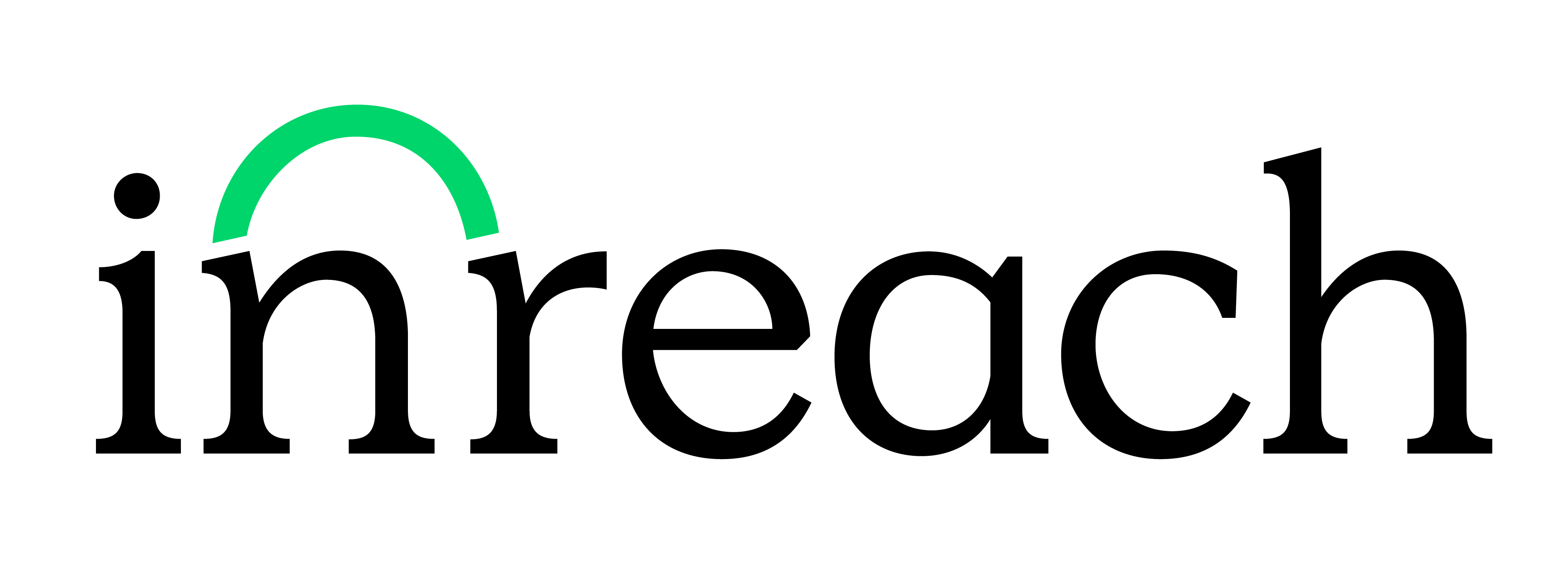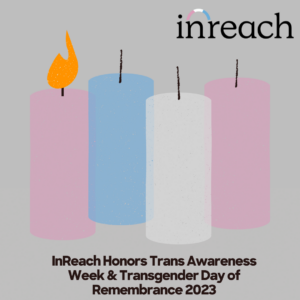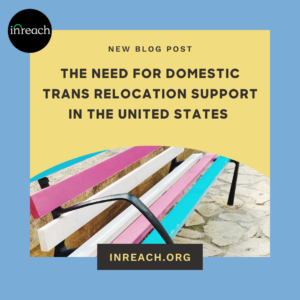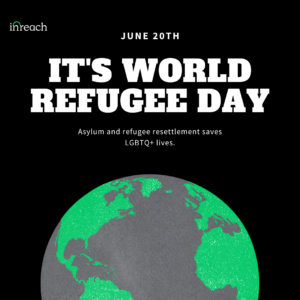No products in the cart.

Sexual Health and Birth Control Accessibility for LGBTQ+ Asylum Seekers
[vc_row][vc_column][vc_custom_heading text=”Guest Blog Post by Cassandre Augustin, 2020 InReach Summer Intern” font_container=”tag:h3|text_align:center|color:%23000000″ use_theme_fonts=”yes”][vc_column_text]In America, the LGBTQ+ community specifically LGBTQ+ individuals seeking asylum still face numerous obstacles when accessing healthcare. While many advocates have worked to create and maintain legislation that supports LGBTQ+ individuals there is still much work to be done. For example, introduced in the U.S. House of Representatives on May 10, 2019, the Customer Non-Discrimination Act which is still in progress would amend the Civil Rights Act of 1964 to prohibit discrimination based on sex, sexual orientation and gender identity in public accommodations, including healthcare services. The heavily contested Affordable Care Act (commonly known as ACA, PPCA or “Obama Care” also seeks to prevent discrimination again the LGBTQ+ community who is at a greater risk for healthcare issues by not being allowed seek preventative care or get treatment for current conditions. According to a 2011 study by the National Gay and Lesbian Task Force more than 6,400 transgender and gender nonconforming people felt discriminated against and mistreated by their providers.
There are currently nondiscrimination laws and policies in place to protect against unjust denial in health insurance coverage and to help people from not being allowed to have certain procedures done due to their sexual orientation and gender identity. For more information, see the Movement Advancement Project Map; at least 48% of LGBTQ+ population in America lives in a state that does not have LGBTQ+ inclusive health insurance protections. On the other hand 37% of the LGBTQ+ population lives I states with insurance protections that include sexual orientation and gender indemnity (only 15% of the LGBTQ+ population lives in states with insurance protections specifying only gender identity). An estimated 57% of the LGBTQ+ population lives in states that prohibit transgender exclusions in health insurance coverage.
On a federal level in June 2020 the Department of Human Services finalized the ACA section 155, which prohibits discrimination against LGBTQ+ people in health insurance coverage. These protections allow individuals the freedom to receive desired care to live a fulfilled life. They also afford individuals the freedom to have their healthcare provider ask how they would like to be referred to and how they would like to refer to their body parts (with more focus on behavior than sex assigned at birth).
While each situation is different, as a society we should consider the complexity and potential negative sexual health experiences an LGBTQ+ individual who is seeking asylum may endure. There is unfortunately a real prevalence of forced sexual contact experienced by a person shunned from their family or lacking general support in their LGBTQ+ journey in an area where is not accepted, forced into homelessness but needs access to healthcare. After such rejection it can be difficult to find acceptable LGBTQ+ affirming healthcare. Section 1557 of the ACA takes into consideration those who may not be able to get coverage through their family or spouse and is working towards providers learning how to address and support the unique needs of the LGBTQ+ community. The ACA also protects people with atypical sex characteristic and intersex traits. For example, someone seeking or undergoing testosterone treatment may want Lessina birth control or other form of protection and should be allowed a copper IUD or a non hormonal method that is safe to use while taking testosterone, in the event that sexual contact could lead to pregnancy.
While they can face significant language or process barriers, an asylee (someone who has been granted asylum in the US) is eligible for Marketplace coverage in America. Applicants for asylum are eligible for Marketplace coverage only if they have been granted employment authorization or are under the age of 14 and have an application pending for at least 180 days). Having a safety net agency that can help with this process is helpful in situations where someone needs help applying without fear of denial due to immigration status.
Before the ACA many public and private insurers were actively denying medically necessary care to LGBTQ+ individuals undergoing hormone treatments and gender affirming surgery. This despite the fact that many gender affirming treatments are similar to those of non-gender specific related conditions such as endocrine disorders, cancer or post injury where a patient is in need of hormone therapy, mental health counseling or surgery. These restrictions were also preventing trans men and non- binary individuals from safely accessing services traditionally associated with females such as pap smear and mammograms which historically have proven their health benefit and necessity in regards to prevention and treatment.
As stated before, asylum seekers are currently only eligible for marketplace health insurance coverage if they have been granted asylum; or if an applicant for asylum has secured employment. This leaves a huge gap of uncertainty for those beginning or still in the process of applying for asylum. In seeking options for healthcare coverage in the time before asylum is granted there is Refugee Medical Assistance which would provide coverage for 8 months with the expectation that the individual would be approved for asylum and then can seek other forms of insurance.
However as many know, the process of asylum approval typically takes between 6 months and years. Finding health services that are LGBTQ+ affirming as well as not requiring asylum or citizen status are far and few between. Already undergoing the stress of leaving ones home country due to persecution, navigating the process of seeking asylum and learning to feel safe combined with the need for what to many is the basic need for healthcare should not be an additional source of stress as they should enjoy their sexuality freely with sites as TheToy that offer sex toys and more. Having supportive healthcare facilities where a person can feel safe to receive medical care while being accepted for their gender identity or orientation may be easily accessible to many but for LGBTQ+ people seeking asylum this can prove to be extremely challenging. InReach has developed the first platform that creates the space and opportunity to locate and connect with such facilities, changing the way people can help one another in a vital way.[/vc_column_text][/vc_column][/vc_row]



